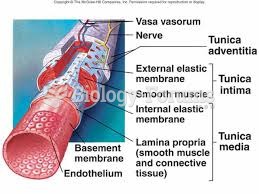|
|
|
There used to be a metric calendar, as well as metric clocks. The metric calendar, or "French Republican Calendar" divided the year into 12 months, but each month was divided into three 10-day weeks. Each day had 10 decimal hours. Each hour had 100 decimal minutes. Due to lack of popularity, the metric clocks and calendars were ended in 1795, three years after they had been first marketed.
Thyroid conditions cause a higher risk of fibromyalgia and chronic fatigue syndrome.
The average human gut is home to perhaps 500 to 1,000 different species of bacteria.
Signs and symptoms of a drug overdose include losing consciousness, fever or sweating, breathing problems, abnormal pulse, and changes in skin color.
There are approximately 3 million unintended pregnancies in the United States each year.







